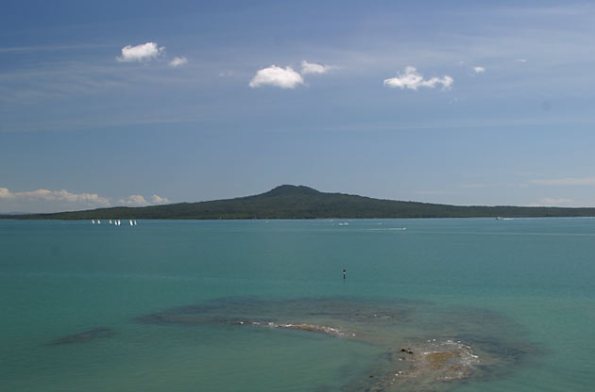Archive
Govt raises bar for migrant kids
By Lincoln Tan : Source NZ Herald
Work-permit-holders in the lower income bracket will find it a lot tougher to put their children in New Zealand schools from next month.
Immigration policy changes taking effect on November 30 will mean children of work-permit- holders under the essential-skills policy who earn $33,675 or less will no longer be considered as domestic students. Parents will therefore have to pay international-student fees if they want their children to study in local schools.
Domestic students enjoy free education, but international students have to pay fees of between $10,000 and $15,000 per child annually to study at primary, intermediate and high schools.
“The minimum income threshold must be met and maintained wholly by the salary or wages of a parent or parents holding the work permit,” Immigration New Zealand said in a circular distributed to immigration advisers.
“This is to ensure that the children have an appropriate level of financial support, given that these families are not eligible for state-funded income support.”
However, an Immigration spokesman told the Herald that children of parents whose initial work permit was issued before the end of this month could carry on with their studies as domestic students.
Migrant Action Trust, a migrant advocacy group, says the changes will just be another “trap” for migrant workers.
“Migrant workers will accept significantly lower pay – way below industry standards in their skilled area – just to cling on to the dream of residency, so many skilled migrant workers fall into the lower salary bracket,” said trust spokeswoman Agnes Granada.
“Because many come here for the sake of their children, they will become victims of this policy change.”
The trust presented a petition last Saturday asking Immigration Minister Jonathan Coleman to grant amnesty for migrant workers who have lost their jobs in the recession.
A spokeswoman for Dr Coleman said the minister couldn’t comment as he had not yet seen the petition, but said the policy changes were aimed at ensuring adequate support for children of temporary migrant workers coming to New Zealand.
“The minimum income threshold helps ensure that essential-skills temporary work-permit-holders have a salary enough to look after a family in New Zealand,” the spokeswoman said. “The threshold is set at the lowest possible level to ensure children are adequately supported.”
In other policy changes taking effect on the same day, a special Philippines work policy will allow a limited number of skilled workers, including 100 nurses, 20 farm managers and 20 engineers, to work in New Zealand at any one time for a period of up to three years.
Immigration NZ said that under the policy, nurses from the Philippines would be able to work for a district health board while obtaining occupational registration.
A separate Vietnam special-work policy will also allow 100 chefs and 100 engineering professionals to work here under the same terms.
Meanwhile, Immigration NZ head Andrew Annakin announced last week that the Pacific division, set up Mary Anne Thompson in 2005 when she headed the service, would be reintegrated back into the core service.
An Auditor-General’s report in June found that problems were worse in the division than elsewhere in the agency, which is part of the Department of Labour.
Ms Thompson resigned last year after accusations of conflict of interest in helping her family members to gain residency.
Labour Department CEO Christopher Blake said the new structure “will ensure clear lines of accountability and that the workings of the Pacific division are aligned with the rest of Immigration New Zealand”.
“Recent review findings have informed the way Immigration New Zealand has organised and identified the requirements to deliver immigration services in the most effective and efficient ways. The change is designed to minimise risks to current work and any uncertainty and instability to the department.”
CHANGES TO IMMIGRATION POLICY
From November 30:
*Children of essential-skills work-permit-holders who earn below $33,675 will no longer be regarded as domestic students.
*Special work policies will allow 100 nurses, 20 farm managers and 20 engineers from the Philippines and 100 chefs and 100 engineers from Vietnam to work here.
*Nurses from the Philippines can now work for a district health board while obtaining New Zealand occupational registration

